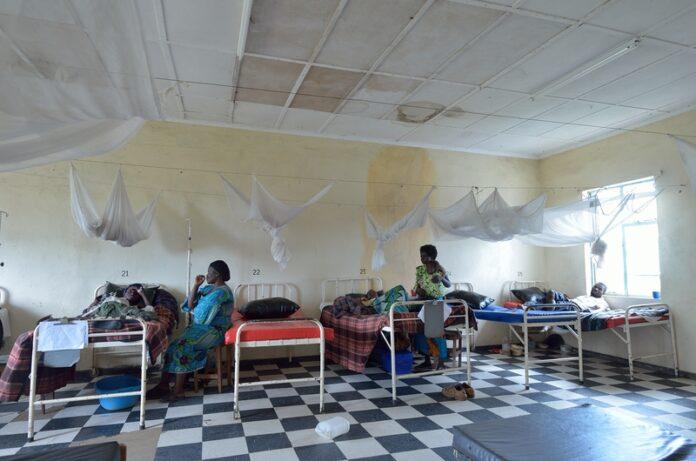An unexplained illness resembling the flu has resulted in at least 143 deaths in Kwango province, southwestern Democratic Republic of the Congo, mainly among women and children in rural areas during November.
The disease first surfaced in the Panzi health zone, situated at the country’s border with Angola, according to health officials. The severe symptoms include high fever, acute headaches, nasal congestion, respiratory distress, and anemia.
Remy Saki, Provincial Deputy Governor, and Health Minister Apollinaire Yumba announced that medical teams have been deployed to gather samples for testing to pinpoint the pathogen.
The World Health Organization (WHO) was notified about the epidemic last week and has begun cooperative efforts with Congo’s health ministry to probe the outbreak. Officials noted between 67 and 143 deaths in the area from November 10 to November 25.
Cephorien Manzanza, a local civil society leader, expressed his worries about the escalating number of infections. He said, “Panzi is a rural health zone, so there is a problem with the supply of medicines.”
Health officials have reported that no less than 376 individuals have contracted the disease since late October. Due to the limited availability of medical facilities in these rural areas, infected individuals are often left to suffer and succumb to the illness at home.
This outbreak comes as Congo is already dealing with other health crises, including a significant mpox outbreak. The latter has affected nearly 47,000 people and is suspected to have caused over 1,000 deaths.
A newly-identified variant of the mpox virus, found in South Kivu province, has proven to be more contagious and severe, especially among children under five. This variant has infected 8,772 children in Congo this year, accounting for more than half of the country’s reported cases.
Health authorities have not yet provided data on the total estimated infections or hospital admissions related to the mysterious new disease. There’s no information available on whether patients have tested negative for other common diseases prevalent in the area.
The provincial health minister has urged residents to refrain from contact with the bodies of the deceased to avoid potential exposure while the cause of the outbreak is being determined.

